
This article originally ran under a different banner/website in April of 2019 and is now being here re-uploaded for purposes of convenience and consolidation. Please enjoy.
HEAR YE!!! HEAR YE!!! GATHER ROUND AS I HAVE SOMETHING TO ADMIT!!! I WAS WRONG!!! A few weeks ago, I claimed EA most likely forced BioWare to craft the sloppy looter shooter known as Anthem, but I was mistaken. A jaw-dropping article from Kotaku’s Jason Schreier called “How BioWare’s Anthem Went Wrong” paints a grimmer picture. A story of torment, sorrow, indecisiveness, and mismanagement. All blame falls square onto BioWare, not Electronic Arts. First off, I highly encourage you to take a look at the article as it is an excellent example of what game journalism should be. Secondly, I realize I have a responsibility to rewrite the story I initially wrote. So settle in as I tell you how as the clock struck midnight, BioWare transformed from a glittering princess into a dirty depressed maid.
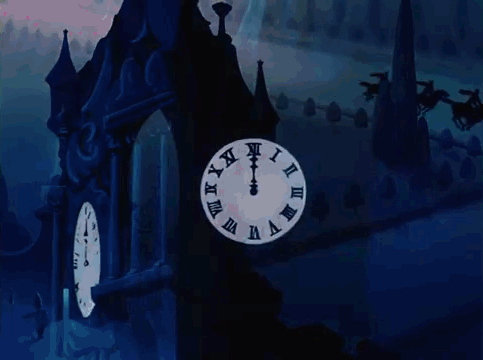
Let’s get to one of the big components: production time. Much like BioWare’s previous projects, like Dragon Age: Inquisition and Mass Effect: Andromeda, Anthem went through an extraneous long pre-production phase ranging about 4 to 5 years. During this period, teams would argue about what Anthem would be. At one point, Anthem was designed to have flying mechanics, but seeing how allowing players to fly can open a can of worms for development, they were taken out. The flying was only added back in when Patrick Söderlund played an early demo and furiously yelled about Anthem not being what was promised. Artists and designers tirelessly worked back and forth to add, then remove, then add back in flying. Many BioWare employees recalled not being able to remember what Anthem was about until that famed 2017 E3 trailer due to the project being plagued by indecision. Any time concerns about pre-production being too long, developers assured them of the BioWare magic:
“Within the studio, there’s a term called ‘BioWare magic.’ It’s a belief that no matter how rough a game’s production might be, things will always come together in the final months. The game will always coalesce. It happened on the Mass Effect trilogy, on Dragon Age: Origins, and on Inquisition.”
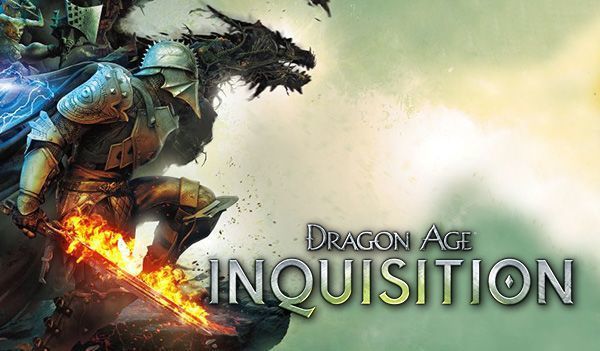
After that E3 trailer, BioWare entered a massive crunch period to get the game released for early 2019. The game was still in pre-production when EA revealed that trailer resulting in BioWare employees working tirelessly to make a game in essentially a year. This, of course, led BioWare to do some massive crunching on par with a college student leaving his final paper for days before it was due. The environment soon turned hostile as the stress began to mount up:
“One former BioWare developer told me they would frequently find a private room in the office, shut the door, and just cry. ‘People were so angry and sad all the time,’ they said. Said another: ‘Depression and anxiety are an epidemic within BioWare.’”
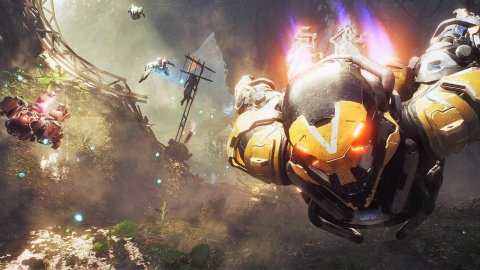
To make matters worst, fighting between departments, various studios, and the higher-ups began to do some serious damage. Veteran Dragon Age writer David Gaider received blowback for creating a sci-fi Dragon Age story without receiving any direction of where to take the story. BioWare Austin was also called in to help with the online component of Anthem, but BioWare Edmonton often ignored a lot of their feedback, often referring to Austin as the “B Team.” Managers also weren’t willing to listening to developers discuss lessons Destiny had learned and thus dooming Anthem to repeat those same mistakes. Meetings, where nothing was decided on or agreed with, were common. With all the infighting at BioWare, you should be thankful Anthem didn’t cause anybody’s PC or console to melt. Oh, wait, Anthem was causing PlayStation 4 to hard crash. Nevermind.
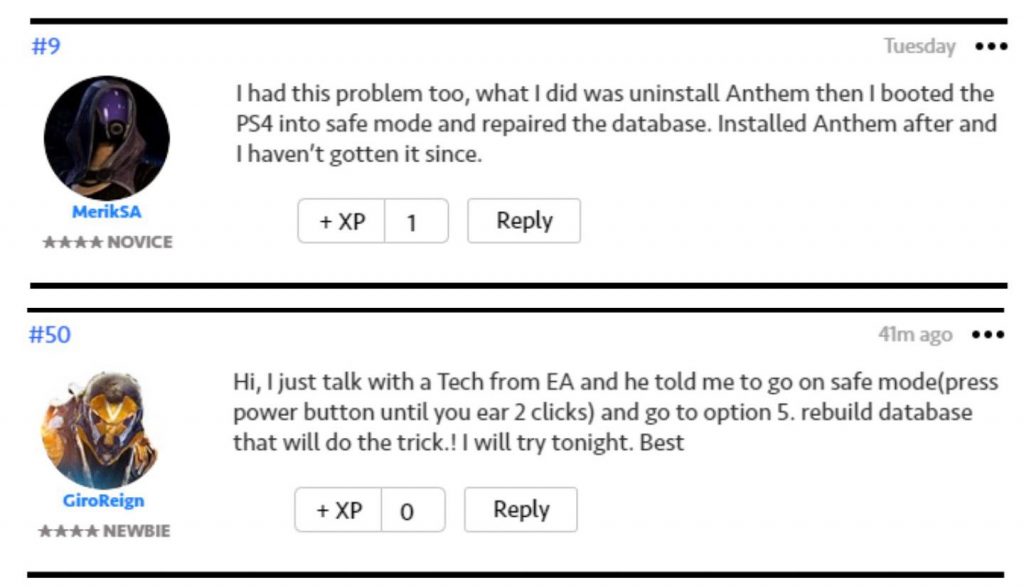
Now while EA didn’t have the negative effect that I had initially thought, they are not innocent in this story. EA’s desire to have all their studios use the Frostbite engine did BioWare no favors. I had suspicions that Frostbite was a nightmare of an engine to work with. Often a lot of criticism of games with that engine boils down to pretty looking but sorely missing content. It often seemed like games in the engine were incomplete, and many of Schreier’s sources confirmed it. To add salt to BioWare’s wounds, EA had Frostbite engineers prioritize helping the title that brought in the most money. As a result, when BioWare needed assistance with Frostbite, the engineers were busy helping the FIFA series transfer over to Frostbite, because FIFA is the glorified slot machine that EA adores the most. Even if Frostbite engineers worked diligently with BioWare, Anthem would still have been in production for seven years due to poor leadership and in-office squabbling. I, for one, don’t blame EA for telling BioWare time’s up and demanding that they give them something to sell.
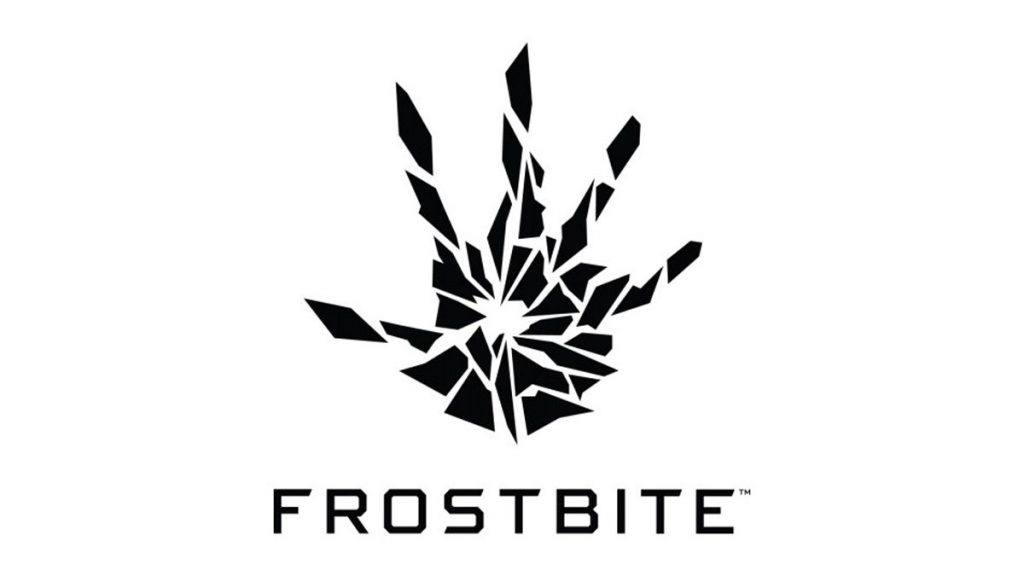
The worst of all of this is BioWare’s response to Schreier’s article that highlights BioWare leaders not only failed the consumers but their employees:
“We chose not to comment or participate in this story because we felt there was an unfair focus on specific team members and leaders, who did their absolute best to bring this totally new idea to fans. We didn’t want to be part of something that was attempting to bring them down as individuals. We respect them all, and we built this game as a team. […] We don’t see the value in tearing down one another, or one another’s work. We don’t believe articles that do that are making our industry and craft better.”

Much like BioWare leaders writing off Mass Effect Andromeda’s poor reviews due to Zelda: Breath of the Wild’s success, this statement feels so dismissive of the genuine issues plaguing the studio. PEOPLE ARE NOT DOING THEIR BEST IF DESIGN DECISIONS TAKE MONTHS TO MAKE OR IF THEIR EMPLOYEES ARE HAVING MELTDOWNS!!! Merely, stating they did their best tells me BioWare has no intention in course-correcting the sinking ship. No intention to improve the planning process. No intention to improve employee working conditions. No intention to make better games. If BioWare is unwilling to change then I can’t blame EA for pushing them off the raft. Those words pain me to say, but the ultimatum needs to be made: be a better place to work or close shop.

Worst of all, Schreier received many more emails from other developers stating that the BioWare studio is no different from the studios they work at. The image of a game artist leaving a toxic studio like BioWare only to join another studio that operates the same way does nothing but make me want to scream in sorrowful rage. A MEDIUM THAT BRINGS JOY TO ME AND OTHERS, SHOULD NOT COME AT THE COST OF OTHER’S. This idea that a studio can snap its fingers and the BioWare magic will solve all the problems cannot be tolerated. The stress, frustration, and need to lock oneself in a closet to cry, does not allow developers to put their best foot forward. Telltale Games had a similar toxic work environment that resulted in audience fatigue with their work and the slow march to their demise. Hell, we can’t even say Mass Effect Andromeda and Anthem were better games due to these crunch periods. DO WE WANT MORE GAMES LIKE MASS EFFECT ANDROMEDA or ANTHEM? FRANKLY, I AM GROWING TIRED OF THEM. We need the games industry to take this story more seriously. This industry is sick and needs some serious medicine, or else the end of the whole industry, not just BioWare, will be nigh.
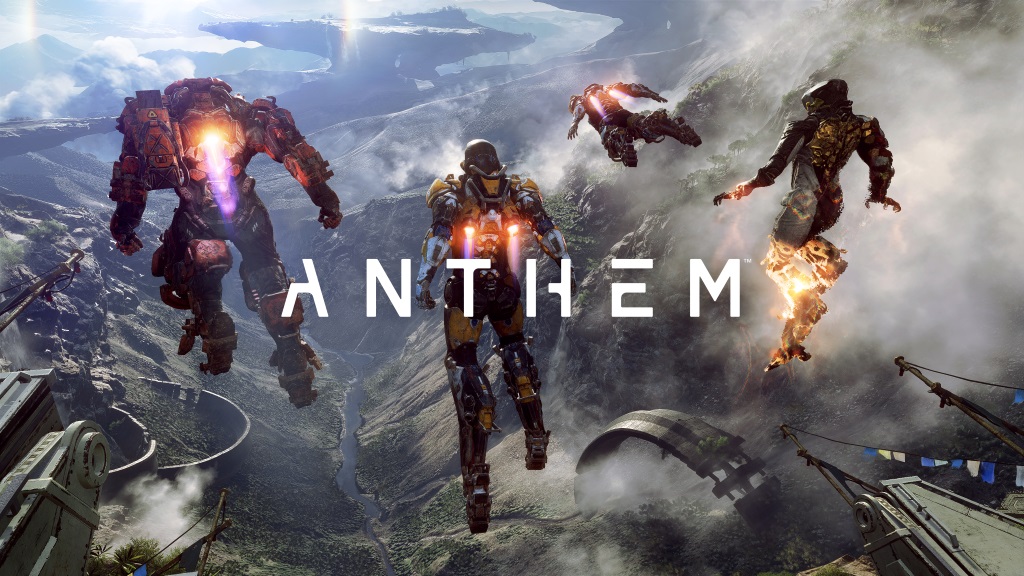
Source
Schreier, Jason. “How BioWare’s Anthem Went Wrong.” Kotaku, 2 Apr. 2019, kotaku.com/how-biowares-anthem-went-wrong-1833731964.